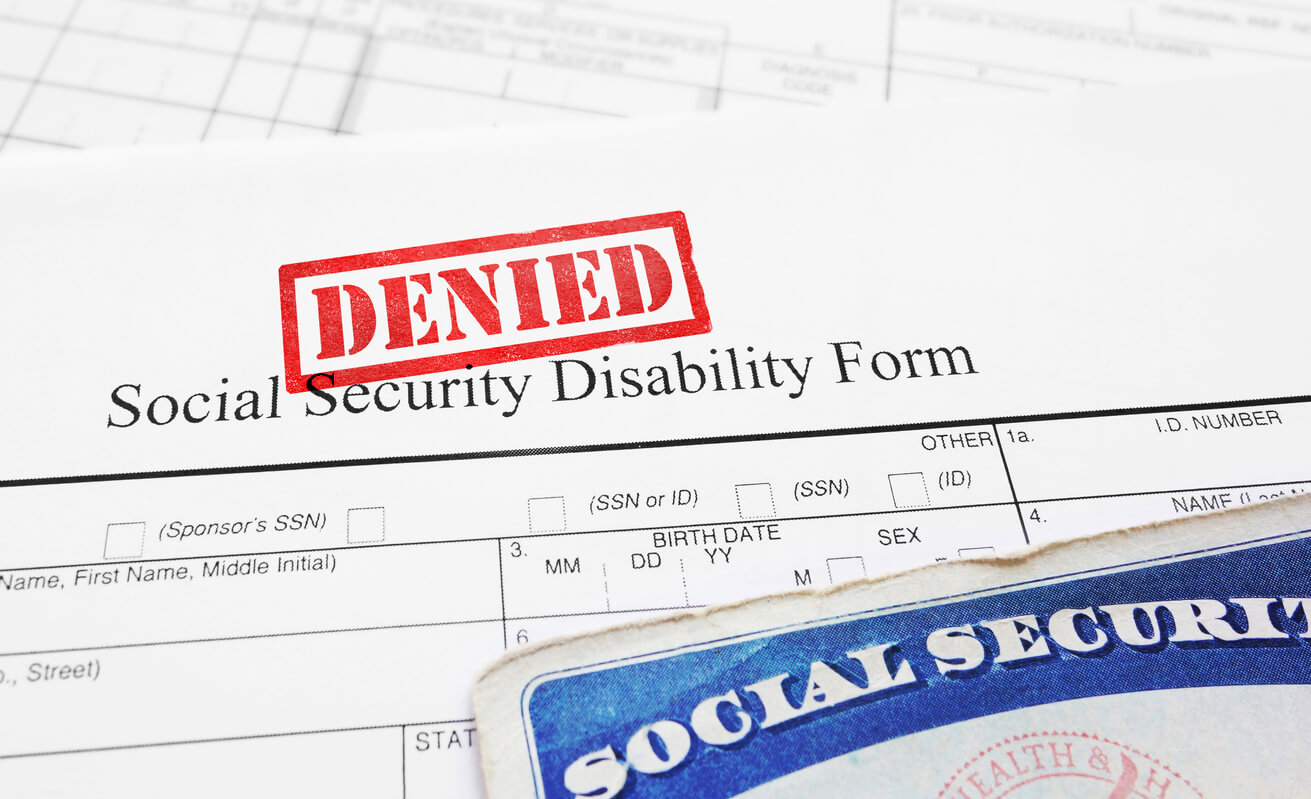Getting the paperwork together to file a Social Security disability claim can be an aggravating and stressful process. To go through all of this only to find out your claim has been denied can be upsetting, to say the least. Unfortunately, it is a common experience. In fact, it is estimated that the SSA denies around 60 to 70 percent of initial disability claims received every year. While more people have success upon appealing the initial denial of the claim, it can take almost two or more years to successfully navigate the appeals process. The best-case scenario is that your claim is initially approved. Fortunately, there are ways to help prevent your claim from being initially denied. To find out how to accomplish this, it can be helpful to review some of the reasons why Social Security disability claims are often denied and work to avoid falling victim to these reasons.
Why Are Social Security Disability Claims Denied?
One common reason why Social Security disability claims are denied and a fairly easy one to avoid is improperly completing claim forms. There is a substantial amount of paperwork involved in the claims process. Be sure to take care, however, in completing these forms. Always be sure to review all forms prior to submission.
Lack of sufficient medical evidence to support your disability claim is also a common reason for claim denial. Medical evidence is critical to having your claim approved and it must be the right kind of evidence. Provide as much objective medical evidence of your disabling condition as possible. Go over the Blue Book with your doctor which outlines what tests and documentation you need for your disabling condition. Without concrete medical evidence, Disability Determination Services (DDS) will be forced to deny your claim.
Another common reason for claim denial and one that is easily avoidable is a failure to comply with a consultative exam. The SSA will sometimes request that a claim applicant undergo a consultative exam conducted by a third-party medical expert. Failure to attend this exam will likely lead to claim denial.
Sometimes, however, a claim is simply not strong enough to merit approval. The SSA may find that, while you may not be able to work at a job you recently held, there are other types of jobs you could still perform. To strengthen your claim and make your limitations clear to the SSA, it all goes back to giving enough of the right evidence. Again, medical evidence is critical. You can also complete the residual functional capacity form to detail how your disabling condition actually limits your ability to perform everyday activities as well as those tasks required of your current job. It can be difficult to adequately portray and encapsulate the full scope of your disability-related impairments, but it is also a critical part of successfully navigating the claims process.
Disability Attorney
For help successfully navigating the disability claims process, Roeschke Law can help. Contact us today.
